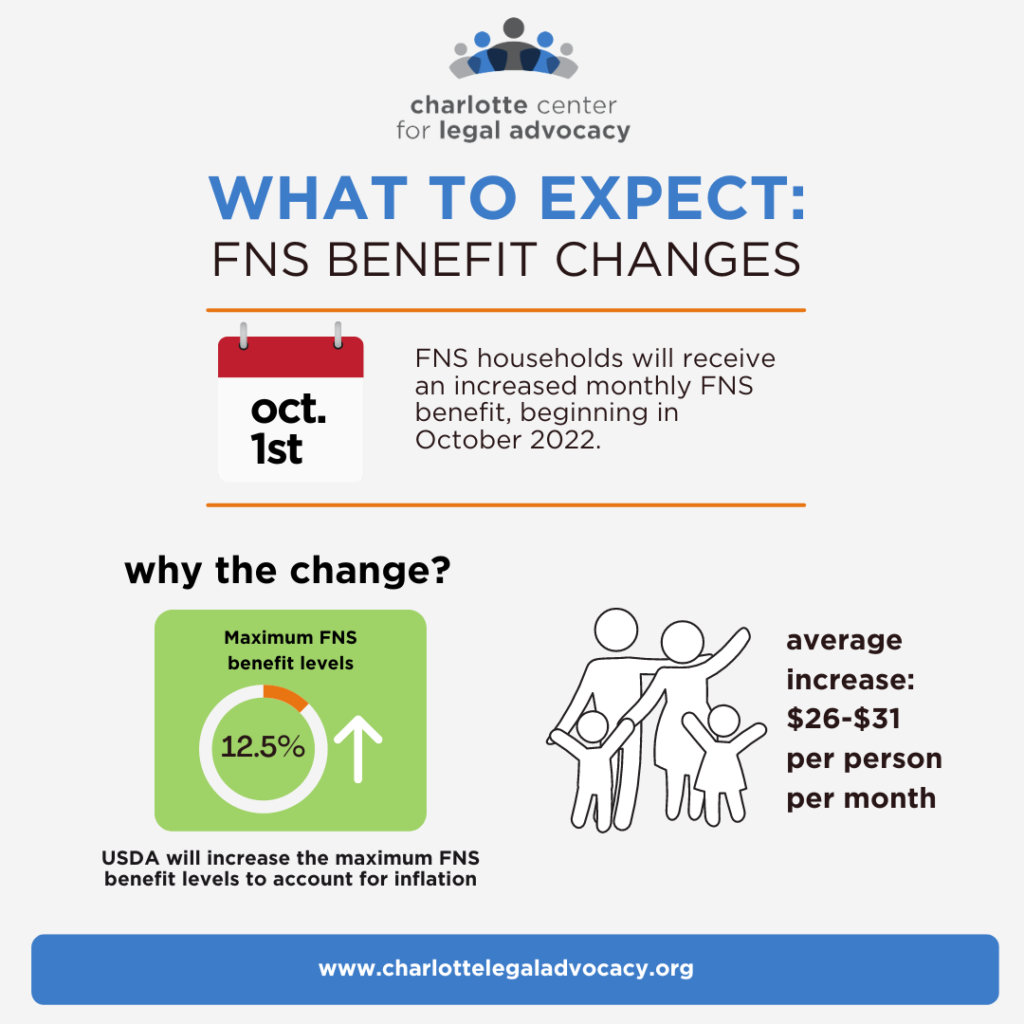Tax filing season for 2022 Federal tax returns opened January 23, 2023 and will run through April 18, 2023. Here is what we think you need to know and where to find more help.
1. Your refund this tax season may be lower.
Many of the pandemic-era and American Rescue Plan Act credits expired at the end of 2021, so many tax credits have returned to pre-pandemic levels.
Impacted credits include:
- Child Tax Credit (CTC)
- Earned Income Tax Credit (EITC)
- Child and Dependent Care Credit
Due to these changes, many taxpayers will likely receive a significantly smaller refund for 2022.
Some examples include:
- Eligible taxpayers who received $3,600 per dependent in 2021 for the CTC will get $2,000 for the 2022 tax year.
- For the EITC, eligible taxpayers with no children who received roughly $1,500 in 2021 will now receive $500 in 2022.
- The Child and Dependent Care Credit returns to a maximum of $2,100 in 2022 instead of $8,000 in 2021.
2. The Premium Tax Credit is still available – and may be available to more taxpayers.
The premium tax credit– also known as APTC – is a refundable credit that helps eligible individuals and families cover the premiums for their health insurance purchased through the Health Insurance Marketplace.
For tax years 2021 and 2022, the American Rescue Plan Act temporarily expanded the premium tax credit eligibility, eliminating the rule that a taxpayer with household income above 400% of the federal poverty line cannot qualify for a premium tax credit.
Premium Tax Credits and Filing Your 2022 Taxes
3. Be aware of fraudulent tax preparers
The IRS doesn’t initiate contact with taxpayers by email, text messages or social media channels to request personal or financial information.
- DON’T use tax preparers who promise higher returns
- DO choose a tax preparer that has a valid IRS “Preparer Tax Identification Number” (PTIN).
- DON’T fall for flyers and advertisements promising you “free money” from the IRS. There is no such thing as “free money” from the IRS!
- DO review your return before you sign it and make sure your preparer signs it too.
Learn more about how to stay protected
4. You may be eligible for free income tax return preparation.
If your household income in 2022 was $60,000 or less, you could qualify to have your taxes prepared and submitted through the IRS Volunteer Tax Assistance (VITA) program.
Local VITA appointments
National VITA Services:
English: GetYourRefund.org
En español: GetYourRefund.org en español
If your household income was $72,000 or less, IRS Free File also lets you prepare and file your FEDERAL income tax online using guided tax preparation, at an IRS partner site or Free File Fillable Forms. There are options available in English and Spanish: Free File: Do your Federal Taxes for Free | Internal Revenue Service (irs.gov)
5. Gig workers, small business owners, and those accepting virtual payments need to start preparing for filing their 2023 Federal Income Tax Return now.
In March 2021, Congress decided to change the rule that required Third-Party Settlement Organizations (TPSOs), such as Venmo, PayPal, and Cash App, to provide you and the IRS 1099-K forms if your transactions on their platforms in a year exceeded $20,000 and your number of transactions exceeded 200.
The new rule lowered the minimum reporting limit on those platforms to any amount over $600 for one or more transactions. That change was supposed to take effect in 2022.
However, the IRS recently decided to postpone this change until January 31, 2024. This means the IRS is taking the rules back to the pre-March 2021 threshold ($20,000 and 200 transactions) for 2022.
BUT the lower reporting threshold (any number of transactions totaling $600) remains in effect for calendar year 2023 and beyond. If you are a gig worker, a small business owner, or receive payments from TPSOs for business purposes, it is smart to start preparing for 2024 now by logging your transactions.
IRS 1099-K Frequently Asked Questions
BONUS TIP: We are here to help!
If you:
- have trouble with the IRS
- need assistance with an audit
- disagree with a tax bill the IRS has sent but they are still taking money from your paycheck
We are here to help!
Charlotte Center for Legal Advocacy’s North Carolina Low-Income Taxpayer Clinic serves all of North Carolina by offering tax controversy services to low-income taxpayers. The Tax Clinic serves taxpayers who earn less than 250% of the federal poverty standard, including people who speak English as a second language.
Learn more
Additional Resources
Owe taxes but cannot pay?
IRS Payment Options
